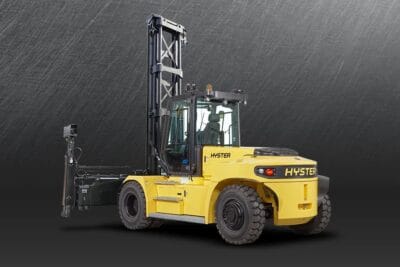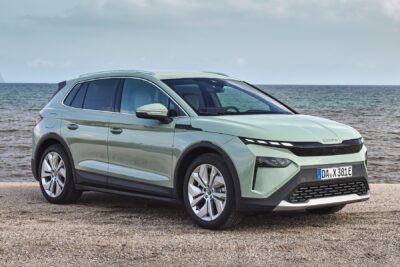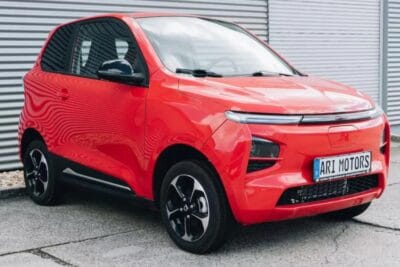BMW passes 100,000 electric vehicle mark for 2021
The BMW Group delivered 103,855 fully electric vehicles in 2021, 133.8% more than in the previous year. Sales of plug-in hybrids also increased – overall PHEV sales are even higher, but growth is slower.
In total, BMW delivered 328,316 BEVs and PHEVs, an increase of 70.4 per cent on 2020. Subtracting the 103,855 BEVs from this leaves 224,461 PHEVs. Last year, BMW delivered 192,646 electrified vehicles, but at that time the Munich-based company did not provide a more detailed breakdown of BEVs and PHEVs.
In the report on the 2021 sales figures, BMW even goes into detail on individual models. For example, 37,939 units of the iX3 launched at the end of 2020 were sold worldwide, which according to BMW means that around one in ten X3s is fully electric. In the case of the Mini 3-door, one in three customers apparently opted for the all-electric Cooper SE, with the model achieving 34,851 sales. And even the i3 was able to increase sales by 5.4 per cent to 28,216 units in its ninth year of sales.
This leaves 2,849 battery-electric cars for which BMW does not name a model. These are likely to be the first examples of the i4 and iX, which have been delivered since the end of November 2021.
Across all drive types, the BMW Group delivered 2,521,525 vehicles, an increase of 8.4 per cent. Of these, 2,213,795 vehicles were delivered by the BMW brand (+9.1 per cent), 302,144 vehicles by Mini (+3.3 per cent) and 5,586 vehicles by the British luxury subsidiary Rolls-Royce (+48.7 per cent). The share of electrified vehicles was thus 13 per cent.
“With more than 100,000 fully-electric vehicles sold last year, ramping up electromobility was our clear focus,” says Chief Sales Officer Pieter Nota. “In 2022 we want to continue our profitable growth and we will systematically expand our range of fully-electric vehicles. We have set ourselves particularly ambitious growth targets in this area and aim to more than double our sales of fully-electric vehicles from last year.”
In 2022, BMW plans to launch fully electric versions of the 7 Series (as the i7) and the X1 (as the iX1), among others. In 2023, the i5 is to follow as an electric version of the 5 Series. There were rumours here that the i5 could be launched not only as a sedan but also as an estate – BMW does not comment on this in the announcement. In addition, the successor to the Mini Countryman (with the technology of the iX1) and the all-electric Rolls-Royce Spectre are to follow in 2023.
With these figures, BMW has not only left its premium rivals Mercedes-Benz Cars (2,093,476 vehicles) and Audi (1,680,512 vehicles) behind in total sales, but is also ahead in BEV sales. Mercedes achieved 99,301 BEVs in total (including vans and Smart) and 48,936 BEVs of the Mercedes-EQ brand. Audi was able to sell 81,894 fully electric cars in 2021.





0 Comments